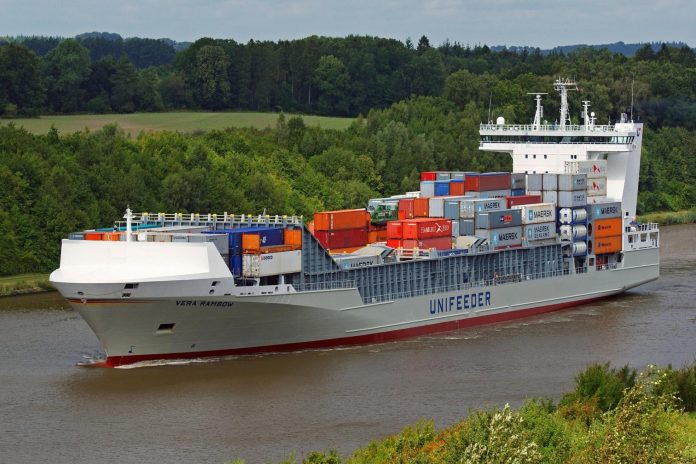DP World Marine Services has successfully slashed its carbon footprint by over 16% in 2023, measured against its 2019 baseline of 2,118 ktCO2e.
“Much of the reduction came from optimising its vessels’ routes and scheduling to ensure full utilisation and reduced idling time. Creating more efficient deployment networks – with vessels traveling along more direct, shorter routes– also leads to a reduction of wasted nautical miles travelled and lowered fuel consumption,” says the company.
DP World Marine Services calculates its carbon footprint using an in-house tool, with operating entities reporting monthly on its fossil fuel and electricity consumption based on invoices. Maritime classification society, Lloyd’s Register is engaged annually to audit and assure the accuracy of the carbon footprint.
“As a global leader in end-to-end logistics, it is our responsibility to find and implement sustainable ways of reducing our footprint, while we continue to keep communities around the world connected to global trade,” stated Jesper Kristensen, group chief operating officer of DP World Marine Services.
Aligned with DP World’s overarching ‘Our World, Our Future’ strategy and ambitious decarbonization targets for 2030, 2040, and 2050, the Marine Services business, comprising subsidiary companies such as Unifeeder, P&O Ferries, and P&O Ferrymasters, operates a multimodal network of land and sea transport. The emphasis is on optimising operations through cutting-edge technologies and fostering industry partnerships to drive transformative change, ultimately contributing to a substantial reduction in emissions.
Jesper Kristensen added, “While we are also doing our part to explore alternative fuels, we must not forget to also focus on optimising our operational processes, harnessing advanced technologies, and implementing best practices across our fleet. By prioritising efficiency enhancements, we not only reduce our carbon footprint but also create new industry standards.”







